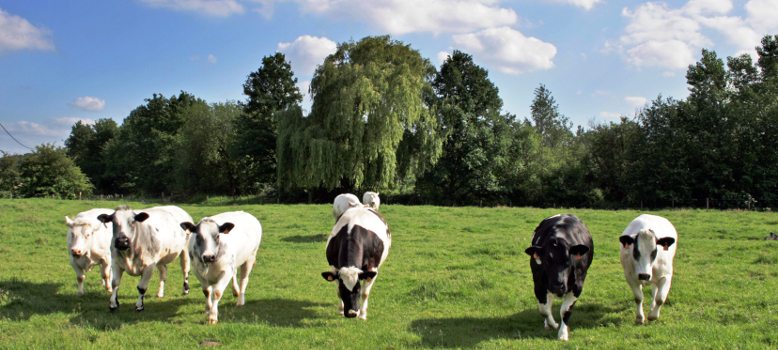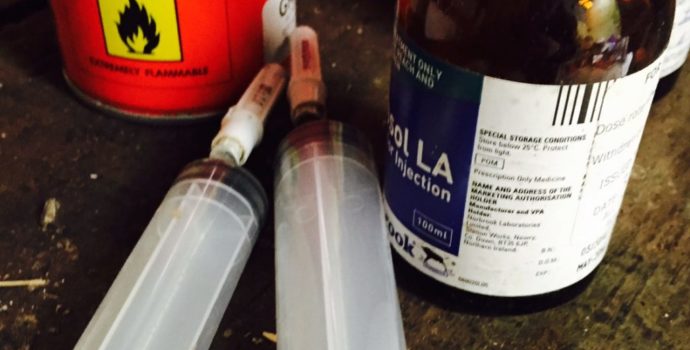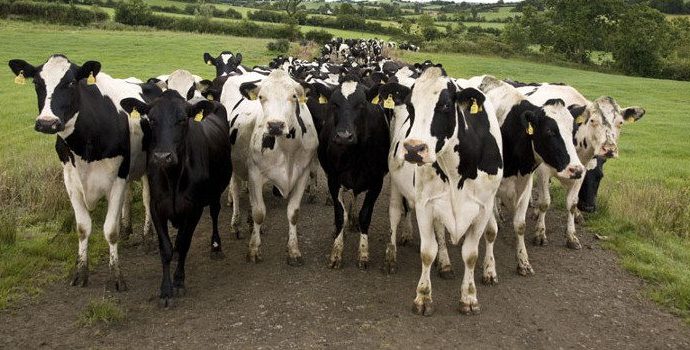Minister Has Work to Do to Secure Dairy Confidence and Expansion – O’leary

Minister for Agriculture Simon Coveney has today (Monday) announced a dairy conference in Dublin in November to count down to the end of quotas.
Speaking in advance of an IFA budget lobbying day this week, National Dairy Committee Chairman Sean O’Leary today reminded the Minister that he had a job of work to do in the 2015 Budget and the Agri-Taxation review to help dairy farmers to deliver profitable production growth in a volatile environment. He added that further supports from Brussels in the face of the Russian ban would be crucial to help ensure Irish dairy farmers start the post-quota era with the confidence levels that only come with sustainable milk prices.
“Farmers’ ability to deliver the 50% production growth of Food Harvest 2020 will depend on confidence and profitability,” Mr O’Leary said.
“Taxation has a major part to play in helping farmers to manage the income volatility which has become a feature of global dairy markets, with fluctuating milk prices exacerbated by volatile input costs. IFA has made detailed and practical taxation proposals as part of the 2015 Budget and the Agri-Taxation review,” he said.
“In particular, the IFA has proposed a facility that would allow farmers to put on deposit a portion of their pre-tax income in good years, utilise this deposit as leverage for investment when required, and bring the funds back into the business to be taxed in lower income years,” he added.
“Our proposals also make practical suggestions on how to increase land mobility to foster expansion, in particular by incentivising long term leases,” he said.
“The Minister must also redouble his efforts in Brussels to secure further EU market support measures to mitigate the negative impact of the Russian ban – a geopolitical event farmers must not be expected to pay for. Revaluing the safety net intervention levels, extending the duration of APS to coincide with the one-year Russian ban and providing targeted export refunds to help exporters secure alternative markets would all send strong messages to international buyers and help turn sentiment and commodity prices around more rapidly,” he concluded.




